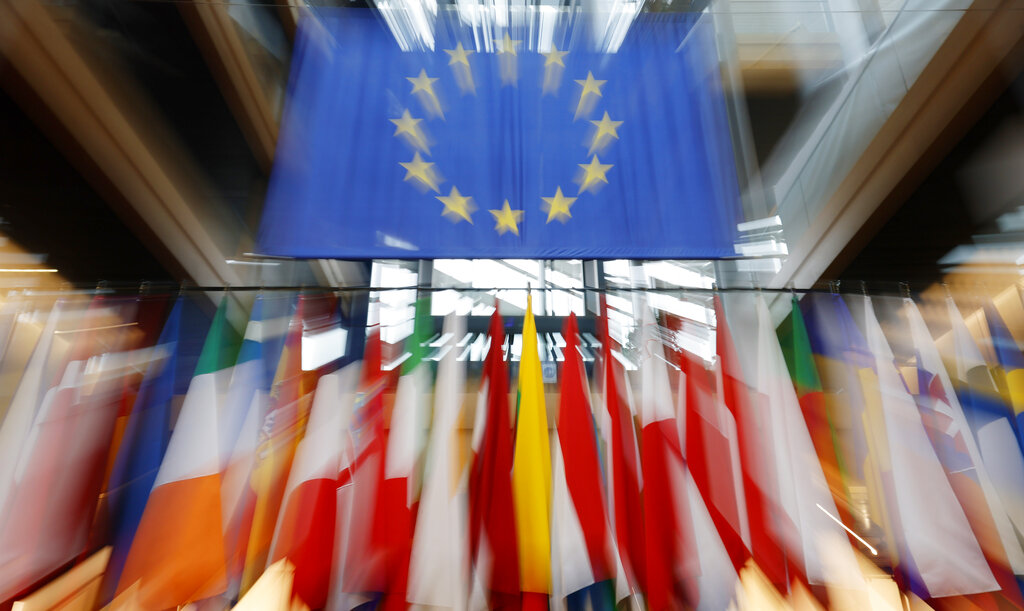On the 18th anniversary of Poland joining the European Union, Polish Prime Minister Mateusz Morawiecki declared that the dream of solidary Europe needs to be defended.
“Poland and the entire Europe is passing a real test of maturity in this time. A united, solidaric Europe was a dream of generations of Poles. We need to defend this dream for the future generations,” posted Morawiecki on social media.
Poland became an EU member on May 1, 2004, under the Accession Treaty signed on April 16, 2003, in Athens. As a member state, it has the ability to influence the decisions taken at European forums.
According to the Polish Economic Institute report “The European Union Generation,” the Polish GDP per capita grew since 2004 by 85 percent in real terms. Thanks to the accession, average annual growth was higher by 1.04-percentage points, influx of direct international investments by 4.07 percent, and exports by 3.2 percent. Data shows that the vast majority of Poles have benefitted economically from Poland’s EU membership.
According to the report, Polish society also recognizes the positive effect of accession to the EU, with 80.1 percent of adult Poles of working age saying they appreciate the economic advantage coming from the membership in the EU. In addition, 79 percent say that entry into the EU improved their living standard and 82.2 percent connected the accession to the improved situation on the labor market.
The EU is an economic and political union of 27 European countries. The community is also the largest economic bloc in the world. It is the largest exporter of goods and services in the world, and the main import market for over 100 countries. The “four freedoms:” freedom of movement of people, goods, services and capital, which were codified in the Treaty on the Functioning of the European Union, underpin the EU’s single market.






